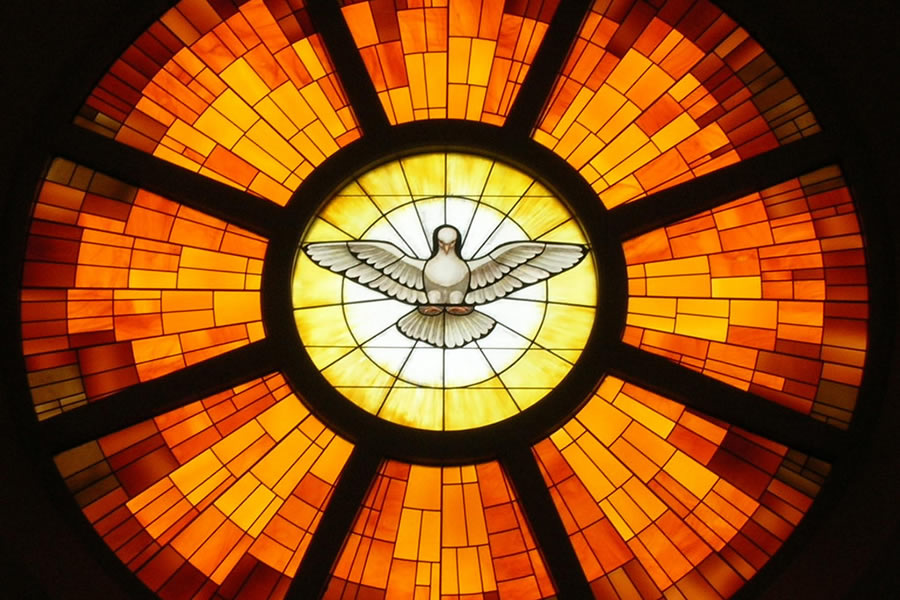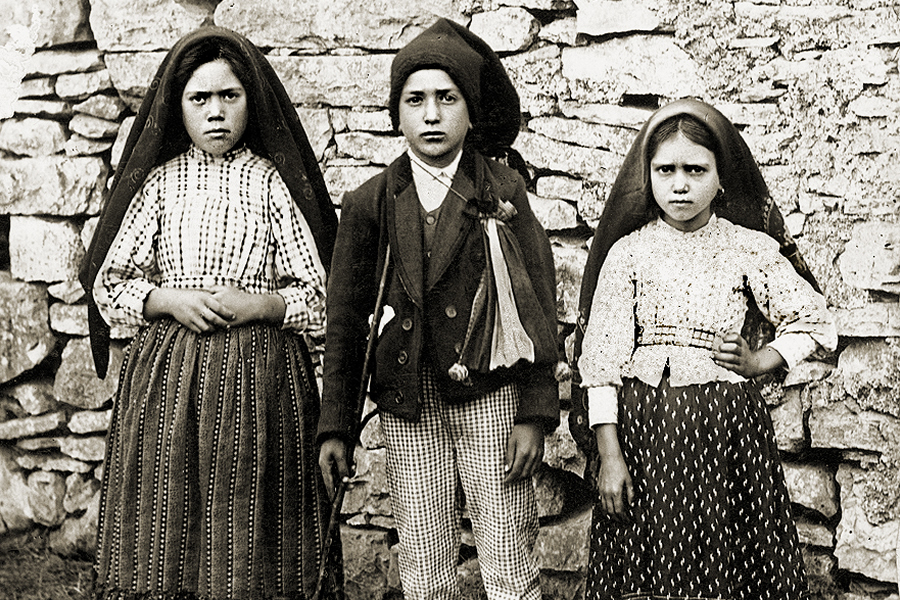Corpus Christi Blog

The Interrelatedness of the Trinity and the Eucharist
05-26-2024Weekly ReflectionJen Arnold, M.A.Today, we celebrate the Solemnity of the Most Holy Trinity, which focuses on the mystery of God as three persons in one divine nature. We are also in the midst of a national Eucharistic Revival to increase understanding and faith in the reality of the Eucharist. The Catechism refers to the mystery of the Most Holy Trinity as “the central mystery of the Christian faith and of Christian life” and refers to the Eucharist as “the source and summit of the Christian life,” positioning both mystical realities at the center of everything we believe and live as Catholics (CCC 261, 1324). Given their importance, the two mysteries are necessarily linked, with neither able to exist without the other, providing the foundation for all other doctrines and matters of faith. Let's explore the relationship between them to draw ourselves deeper into the gift of these mysteries.
READ MORE
The Holy Spirit — A Mighty Rushing Wind
05-19-2024Weekly ReflectionJen Arnold, M.A.“When the day of Pentecost arrived, they were all together in one place. And suddenly there came from heaven a sound like a mighty rushing wind, and it filled the entire house where they were sitting.”- Acts 2:2
Pentecost is the day we celebrate the Holy Spirit, the gift Jesus promised to send us after his ascension to offer us guidance and wisdom as we travel on our earthly journey. The Holy Spirit is a distinct person of the one Triune God with his own attributes and activity. Still, he is arguably the most difficult for our human minds to comprehend. During Pope St. John Paul II’s general audience on October 17, 1990, he provided some catechesis on how the Church uses symbols to give us insight into who the Holy Spirit is and how he exercises his divinity in our lives.
READ MORE
How the Message of Fatima is Still Relevant Today
05-12-2024Weekly ReflectionJen Arnold, M.ATomorrow, we celebrate the feast of Our Lady of Fatima, which commemorates the visits Mary paid to three shepherd children – Lucia, Francisco, and Jacinta – in Portugal in 1917. During her visits with them, the Blessed Mother warned them about the world's state, the consequences of unrepented sin, and what would happen if people continued to offend God. She also communicated concrete actions the faithful can take to change the trajectory of the world. Even though these visions occurred at a specific time in history, the message of Fatima is still relevant today, and it is even more dire than when it was first presented. Therefore, it is a good idea to reexamine Fatima's message through the lens of our current times and learn how to engage in some of the battles we see going on around us today.
READ MORE
Eros & Agape
05-05-2024Weekly ReflectionJen Arnold, M.A.A couple of weeks ago, on Good Shepherd Sunday, I discussed ways that God expressed his ultimate love for us by emptying himself (kenosis). First, in the Incarnation, he humbly unified his divine nature with our human nature, and then he again emptied his very life when he died on the cross for our salvation.
This Sunday’s readings are also about love — specifically, how God has shown his love for us and how we are called to respond by loving him in return and loving others. In the gospel reading, Jesus says, “Love one another as I have loved you.” In other words, he exemplifies love in action, and we are challenged to imitate this divine love as best we can in our humanity.
READ MORE